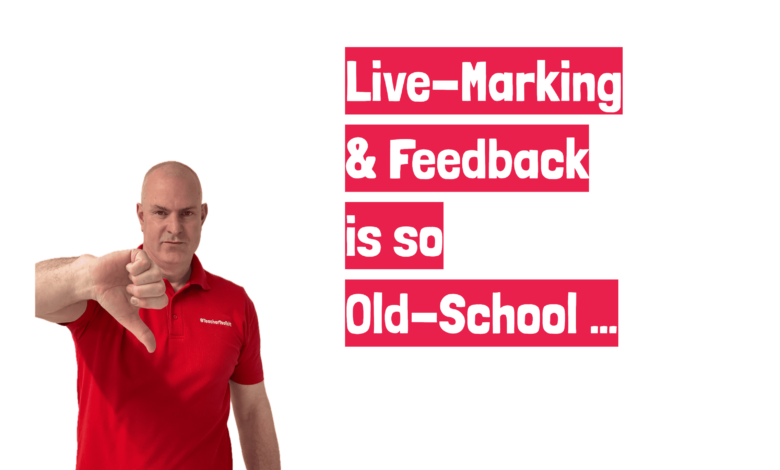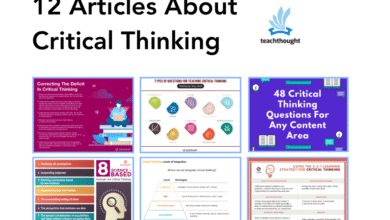9 Ways to Transform Feedback Practice in Schools

Is written feedback the only way to improve pupil progress?
Marking (or written feedback) is not the only way to add value to student progress. Feedback methods should be varied and nuanced.
Marking remains the biggest contributors to workload
Marking has long been considered the gold standard assessment for student progress, but is it the only way? Teachers are overworked, and marking remains one of the biggest contributors to workload. A relentless focus on “evidence” for inspectors and school leaders often forces teachers into unsustainable habits.
This week, I had the privilege of visiting Joseph Cash Primary School in Coventry, one of the inspiring case studies featured in Chapter 1 of my new book, Guide to Feedback. This visit reminded me how many schools are ready to transform marking and feedback practices — but some still struggle to break free from traditional methods.
If you missed this update, why not test yourself?
Nine alternative approaches
My new research challenges this outdated belief by presenting nine alternative approaches to feedback and formative assessment. These strategies aim to reduce teacher workload, improve outcomes, and rethink traditional quality assurance processes.
Is your current marking and feedback policy holding teachers back? Explore nine new ways to redefine feedback…
Many schools still rely on written feedback to evidence impact, despite growing research showing that verbal and non-verbal strategies can be just as effective as written. My research introduces nine approaches to formative assessment, including feed-up, feedback, and feed-forward methods that challenge the belief that written marking is the gold standard.
Schools should start rethinking their marking policies
For example, verbal feedback — delivered in the moment — offers immediate impact and reduces the time spent marking. Non-verbal strategies, such as gestures or visual goal-setting, can help guide students without requiring a written trail.
To embed these approaches, teachers need clear CPD opportunities and leaders must be willing to innovate their quality assurance processes. Rather than relying solely on book scrutiny, schools could introduce student surveys, peer reviews, or even video analysis to evidence formative assessment in action.
Credit: Joseph Cash
Reflection questions for teachers to consider
- How do teachers currently use verbal and non-verbal feedback in their classrooms?
- What strategies could replace traditional written feedback?
- How could teachers evidence feedback without written marking?
- How do schools evaluate feedback methods during deep dives and work scrutiny?
- What role does feedback play in reducing teacher workload?
- How can schools introduce these methods while maintaining high standards?
- Are alternative feedback strategies appropriate for all age groups and abilities?
- How do school leaders ensure consistency without overburdening teachers?
- What professional development opportunities can help teachers improve their feedback techniques?
- How can schools better support SEND students with tailored feedback methods?
Teachers who want to explore practical feedback strategies should challenge the assumption that marking is the only way to demonstrate progress. Verbal, non-verbal, and alternative feedback methods can transform teaching practice and improve student outcomes. I’m pleased to report Joseph Cash is doing exactly this, I’m very few schools I see on my travels are at this rich stage of development …
Live-marking in class, or feedback that be manageable, meaningful, and motivational is so old-school!
Discover the full range of feedback strategies in my book, or get in touch if you want me to bring to life the nine ideas in your next school’s professional development sessions …



